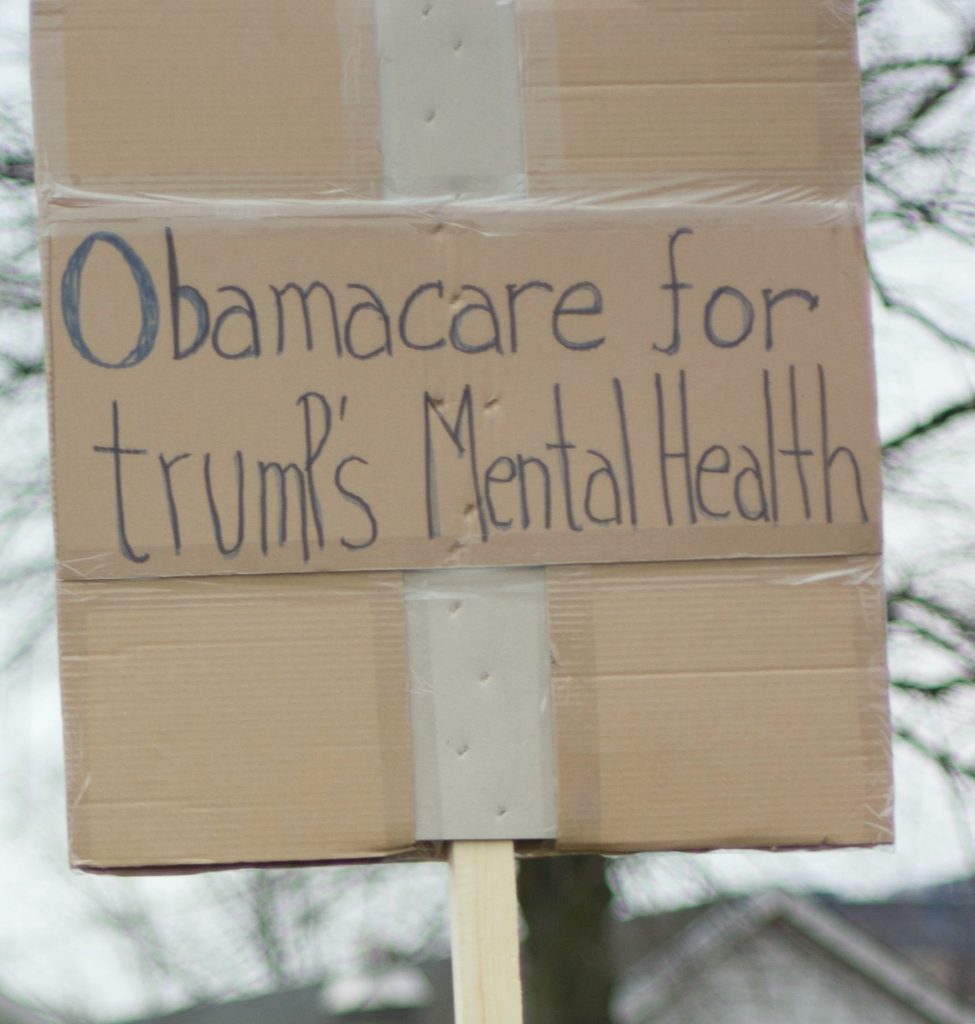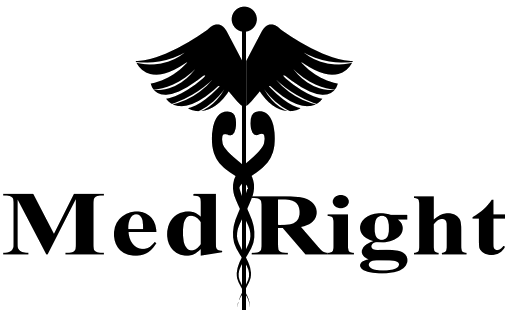When I first heard you, Rt. Hon. Raila Amolo Odinga announce Babacare, Obamacare popped in my mind. Baba, when you went further to explain that Babacare would focus on disease prevention and health insurance for all, I was even more convinced that you were founding Babacare on concepts borrowed from Obamacare.
Based on my experience researching on and writing about Obamacare, I request you to proceed with caution when learning from Obamacare. Notably, US’ healthcare is among the most expensive in the world yet it is not among the best. Obamacare had little impact on improving the affordability of healthcare in the US. I believe your vision is for affordable healthcare for all Kenyans.
Obamacare emerged from the implementation of a law that Obama had been spearheading since he was senator, the Patient Protection and Affordable Care Act (ACA) of 2010. When he became president, ACA got passed and Obama had the opportunity to implement it as the president of the United States of America. The aim was to make healthcare more affordable and accessible through providing health insurance to all Americans and reforming primary healthcare.

ACA increased health insurance coverage by extending eligibility to Medicaid (US’ health insurance program for the poor). It also provided for Medicaid expansion in states that find it feasible to include more people in Medicaid. The expansion extends the eligibility to people that would have been otherwise not eligible for the coverage, for example unmarried young people. The U.S. government is able to match premiums for Medicaid to incomes of citizens and collect the premiums efficiently because its economy is largely formal.
Contextualizing Medicaid and Medicaid expansion to Kenya, we have National Hospital Insurance Fund (NHIF); every adult Kenyan is eligible. However, the Kenyan economy is largely informal, hence knowing income levels of individuals and collecting premiums from them is difficult. Collecting the premiums may be very costly if fines and jail terms are applied to effect the collection in the informal sector. As it stands, most Kenyans in the informal sector either do not afford the 500 KES monthly premiums required to be an NHIF member or may be finding it more cost-effective to pay for healthcare services out-of-pocket.

Majority of NHIF members are formal sector workers, whose membership is mandatory. Overall, only about 20% of Kenyans have health insurance, which mirrors the proportion of Kenyans in formal employment. Besides, even the few informal sector members of NHIF have challenges renewing their membership. Most of them renew when they have an established healthcare need like a chronic illness. The difficulty in collecting voluntary contributions from Kenyans in the informal sector is among the reasons it is inappropriate for Kenya to follow Obamacare’s path of leveraging a premium-based government medical cover to expand health insurance coverage.
The increases in the NHIF membership in the recent past can be attributed to the government’s expenditure on it. For example, through the tax-funded Health Insurance Subsidy for the Poor (HISP) program to cover orphans and vulnerable children, NHIF membership increased by about 600, 000. The NHIF’s EduAfya program that covers all public secondary school students (2.2 million at the start), which is also tax-funded, further increased NHIF membership. Seemingly, our hope for universal health coverage is in tax-funded health insurance.
Baba, it is unlikely that NHIF will enroll all or even majority of people in the informal sector. Secondly, the poor in Kenya are mainly in the informal sector. Entirely leveraging NHIF premiums for insurance coverage will delay attainment of universal health coverage and increase health access inequalities. Thank you for proposing that your government will be paying NHIF premiums for the poor. It sounds a viable option but the criteria for choosing the Kenyans eligible for the subsidy may leave some Kenyans in the informal sector uninsured.
Baba, since Kenyans in both the informal and formal sectors pay taxes, why not do away with the premium-based system and adopt a purely tax-funded healthcare system? That way all Kenyans will contribute to the health insurance through taxes, and 100% insurance coverage will be attained. Focus will shift to optimizing access and quality of healthcare since affordability will no longer be an issue.

3 Replies to “Open Letter to Baba on Babacare”
A great article
Very sane argument on the possibility of attaining universal health in Kenya .
Hi there, I read your new stuff like every week. Your writing style is
witty, keep doing what you’re doing! help refuges